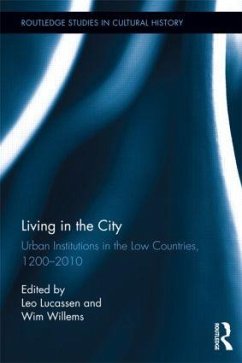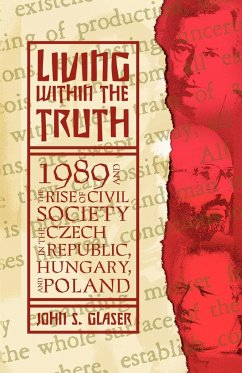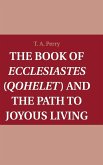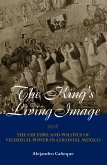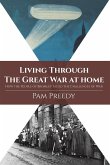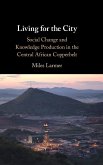The city is a place to find shelter, a market place, and an elevator for social mobility and success. But the city is also a place that frightens people and that can marginalize newcomers. Living in the City tries to understand what pulls people to the city since the High Middle Ages, focusing on one of the earliest urbanized regions in the world, the Low Countries. The book is a quest for new insights that leads the reader from Medieval Ghent and Bruges, through the Dutch Golden Age and the mass urbanization in the age of Industrialization to the present Eurodelta. A region that emerged in the last century with Antwerp, Rotterdam and Amsterdam as nodal points in a global urban network. To understand the motivations of so many to settle in cities this book focuses on a wide variety of urban institutions. What was the role of churches, guilds and businesses, but also theaters, architecture, parks and pavements? What were the cultural, economic, social, political and spatial dynamics that transformed cities into centers of creativity and innovation? How did the attractiveness of cities change over time, when cities lost their autonomy and became part of the nation state and global forces? In this book a team of internationally reknown scholars (in the field of history, art, literature, economy and the social sciences) look for continuity and change in the last eight centuries of urban developments in one of the most remarkable urban regions of the world.
Hinweis: Dieser Artikel kann nur an eine deutsche Lieferadresse ausgeliefert werden.
Hinweis: Dieser Artikel kann nur an eine deutsche Lieferadresse ausgeliefert werden.

